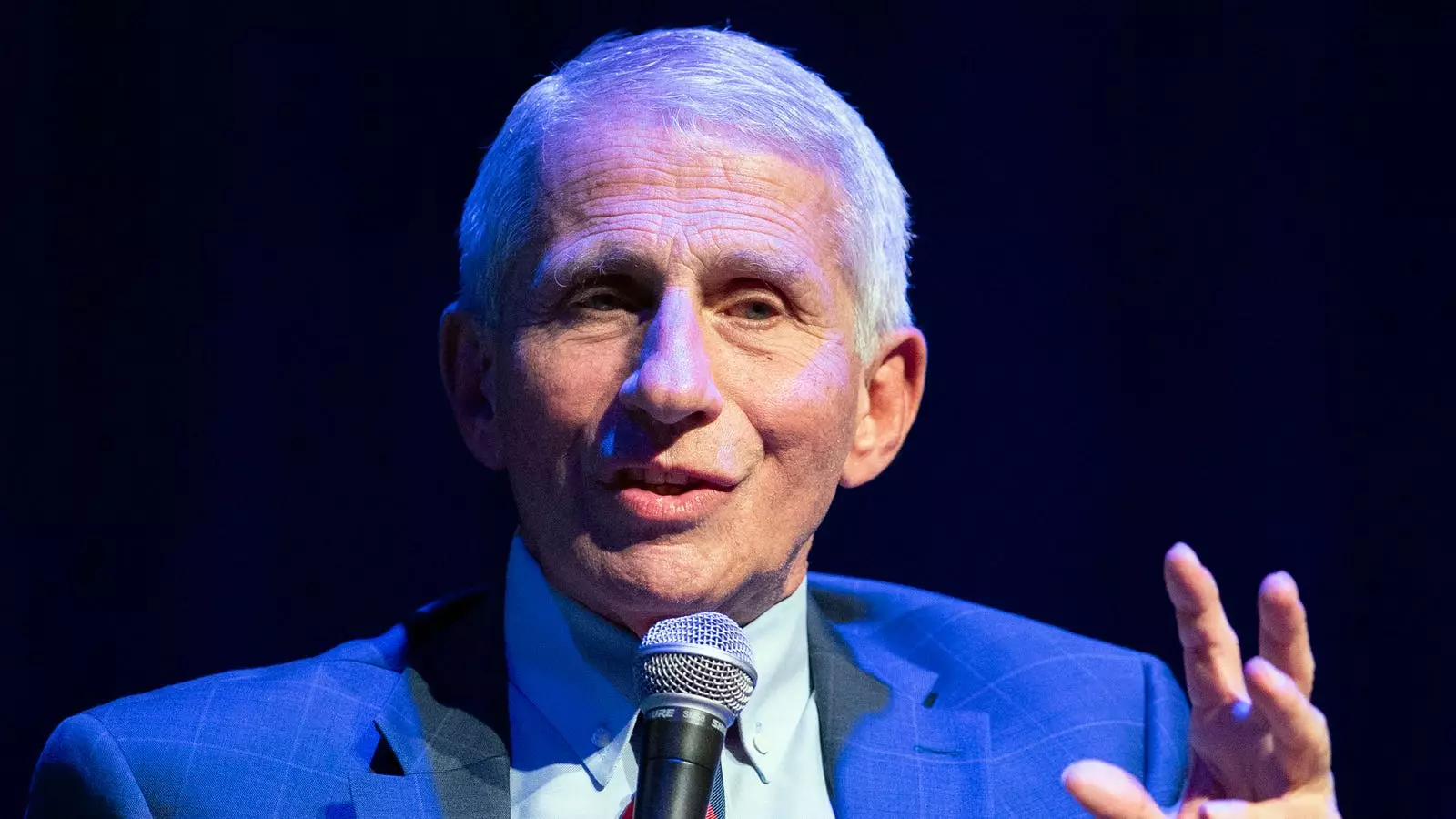Anthony Fauci, the former director of the National Institute of Allergy and Infectious Diseases (NIAID), recently found himself on the other side of the medical curtain. Fauci was hospitalized after being infected with West Nile virus and is now recovering at home.
West Nile virus is primarily transmitted through mosquito bites and most people infected do not show any symptoms. However, approximately one in five individuals can experience fever, headache, body aches, vomiting, diarrhea, or rash. In more severe cases, about one out of 150 infected people can develop a serious, and sometimes fatal, illness.
According to CBS News’ chief medical correspondent, Jonathan LaPook, Fauci was admitted to the hospital about ten days ago after exhibiting symptoms such as fever, chills, and severe fatigue. Fauci disclosed that he most likely contracted the virus from a mosquito bite in his own backyard.
Throughout the COVID-19 pandemic, Fauci played a key role as the public face of the U.S. government. While he garnered trust from millions of individuals, he also faced backlash from partisan groups. Despite leaving his government position in 2022, Fauci has continued to be a prominent figure in public health discussions.
There are currently no vaccines to prevent or specific treatments for the West Nile virus. To minimize the risk of contracting the virus, it is recommended to avoid mosquito bites. As of August 20, the CDC reported 216 cases of West Nile virus in 33 states this year.
Anthony Fauci’s recent health scare serves as a reminder of the importance of taking precautions against mosquito-borne illnesses. The experience of such a respected public health figure highlights the need for continued vigilance in protecting ourselves from infectious diseases.



Leave a Reply